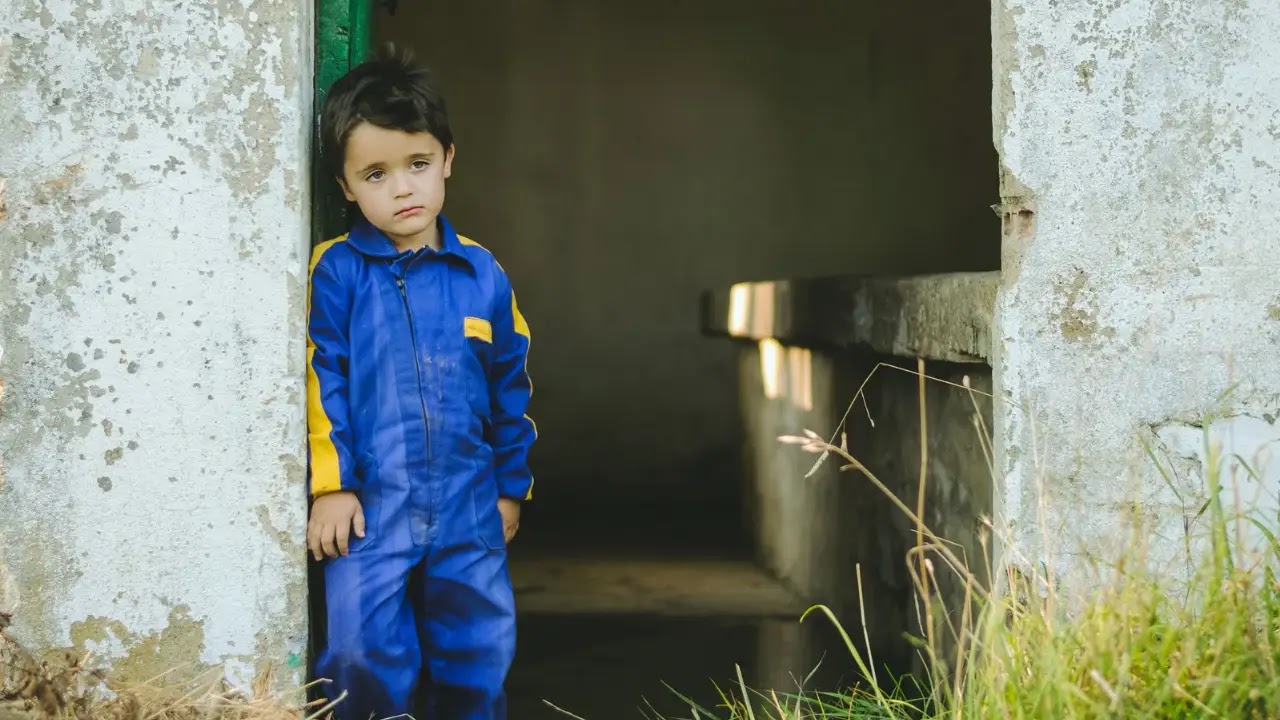Childhood is a time for making friends, playing, and learning social skills. However, some children may struggle with anxiety and nervousness when it comes to interacting with their peers. In this article, we'll explore the reasons why some kids experience these challenges and offer guidance on how to help them build social connections.
1. Is it OK that my child has only a few friends?
It's essential to remember that having a few close friends is perfectly normal for some children. Each child is unique, and their social needs can vary. Quality matters more than quantity when it comes to friendships. It's okay if your child has a small circle of friends as long as they feel comfortable and happy with those relationships.
2. Why does my child seem to play with different friends each day?
Children often have a diverse group of friends and may play with different kids on different days. This can be a sign of social flexibility and adaptability. It's not uncommon for children to enjoy interacting with various peers, and it can be a positive aspect of their social development.
3. We’re new to the area. How can I help my child make friends?
Moving to a new area can be challenging for children, as they need to adjust to a new environment and establish new friendships. Here are some tips to help your child make friends in a new place:
- Encourage participation in local clubs or activities that match their interests.
- Attend community events and introduce your child to potential friends.
- Help your child initiate conversations and playdates with classmates or neighbors.
- Foster open communication with your child and be a supportive presence during the adjustment period.
Understanding Anxiety and Nervousness in Children:
Anxiety and nervousness in children can manifest in various ways. It's essential for parents and caregivers to recognize signs of anxiety and offer support when needed. Here are some common indicators:
- Persistent Anxiety: If a child's anxiety continues for two or more weeks and interferes with their daily life, it may be a cause for concern.
- Social Withdrawal: Children who are excessively anxious may withdraw from social interactions, preferring to be alone.
- Expressions of Distress: Some children may express their anxiety through emotional outbursts, anger, or even mentioning self-harm or suicide. These are significant red flags.
- Fear of the Unknown: Some children have a deep-seated fear of unexpected events or situations, which they keep to themselves, making it challenging for parents to address.
Dealing with Anxiety:
Children who experience excessive anxiety may exhibit physical symptoms like heart palpitations, fever, or abdominal pain. This can also affect their academic performance. In such cases, counselling and teaching relaxation techniques can be beneficial in helping the child manage their anxiety and stress effectively.
Conclusion:
It's crucial to understand that every child's social development is unique. While some children may be naturally outgoing, others might experience anxiety and nervousness in social situations. As a parent or caregiver, being attentive to the signs of distress and offering support can help your child navigate these challenges and build healthy relationships with their peers. If anxiety becomes unmanageable, seeking professional help and guidance is essential to ensure your child's emotional well-being.


Post a Comment